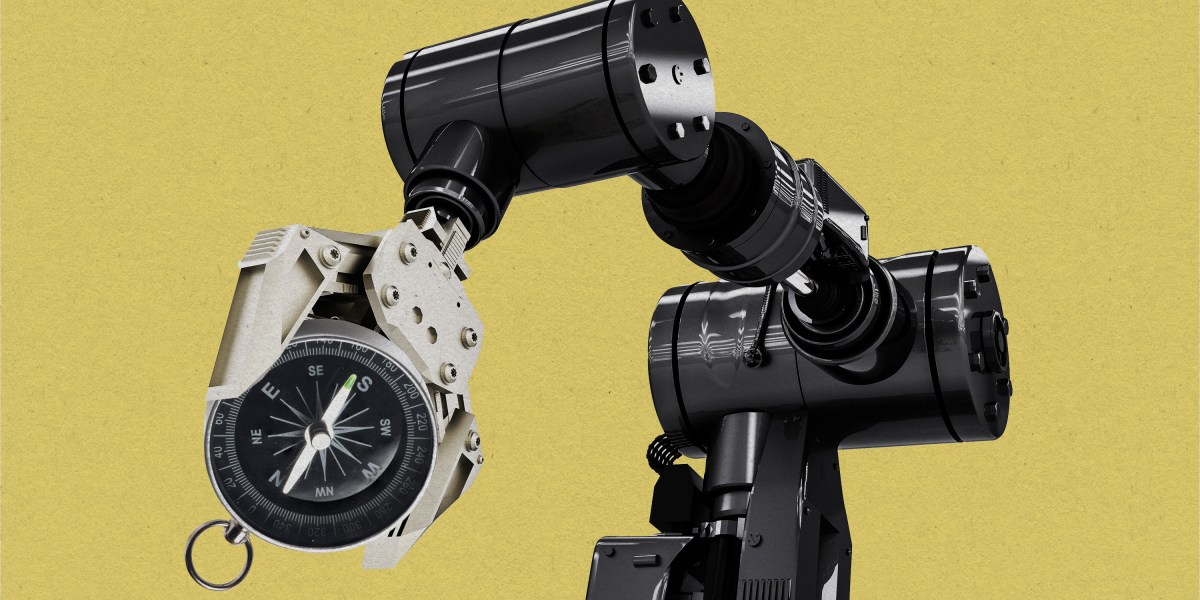In a November 1984 story for Technological innovation Evaluate, Carolyn Sumners, curator of astronomy at the Houston Museum of Purely natural Science, explained how toys, online games, and even amusement park rides could alter how youthful minds see science and math. “The Slinky,” Sumners noted, “has lengthy served teachers as a medium for demonstrating longitudinal (soundlike) waves and transverse (lightlike) waves.” A yo-yo can be made use of as a gauge (a “yo-yo meter”) to observe the forces on a roller coaster. Marbles make use of mass and velocity. Even a simple ball provides insights into the laws of gravity.
Though Sumners centered on physics, she was onto a thing larger. Around the previous many a long time, proof has emerged that childhood engage in can shape our upcoming selves: the competencies we produce, the professions we decide on, our feeling of self-well worth, and even our interactions.
That doesn’t signify we really should foist “educational” toys like telescopes or very small toolboxes on little ones to switch them into astronomers or carpenters. As Sumners described, even “fun” toys offer opportunities to learn the essential ideas of physics.
According to Jacqueline Harding, a youngster growth qualified and author of The Mind That Loves to Play, “If you commit time in perform, which allows with government working, selection-creating, resilience—all individuals things—then it’s heading to propel you into a a great deal a lot more harmless, secure space in the future.”
Sumners was targeted generally on challenging techniques, the scientific information that toys and game titles can foster. But there are soft techniques, way too, like creativity, difficulty-solving, teamwork, and empathy. According to Harding, the significantly less composition there is to these play—the fewer regulations and goals—the much more these soft techniques arise.
“The kinds of playthings, or play things to do, that definitely make innovative believed,” she says, “are normal products, with no defined conclude to them—like clay, paint, drinking water, and mud—so that there is no proper or erroneous way of playing with it.”
Taking part in is by definition voluntary, spontaneous, and goal-cost-free it will involve having threats, tests boundaries, and experimenting. The ideal type of engage in final results in joyful discovery, and together the way, the creating blocks of innovation and private advancement choose condition. But in the many years since Sumners wrote her tale, the landscape of enjoy has shifted noticeably. Modern exploration by the American Academy of Pediatrics’ Council on Early Childhood suggests that digital online games and digital enjoy never look to confer the exact developmental advantages as physical game titles and out of doors enjoy.
“The mind loves the rewards that are coming from electronic media,” claims Harding. But in screen-based engage in, “you’re not finding that autonomy.” The deficiency of actual physical conversation also concerns her: “It is the high-quality of human deal with-to-encounter interaction, overall body proximity, eye-to-eye gaze, and mutual engagement in a play exercise that seriously makes a big difference.”
Monthly bill Gourgey is a science writer centered in Washington, DC.




